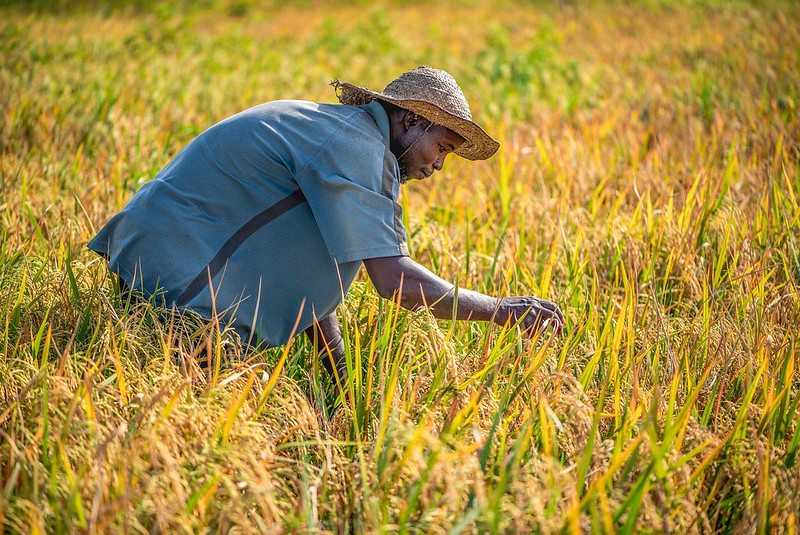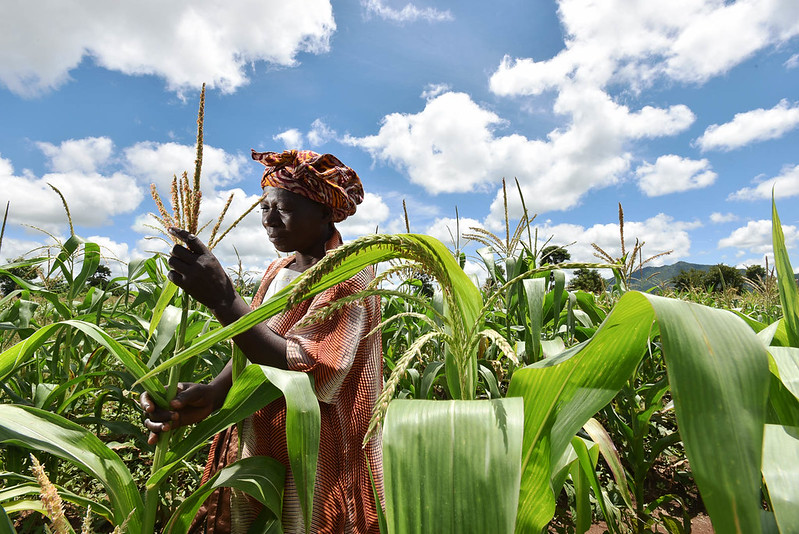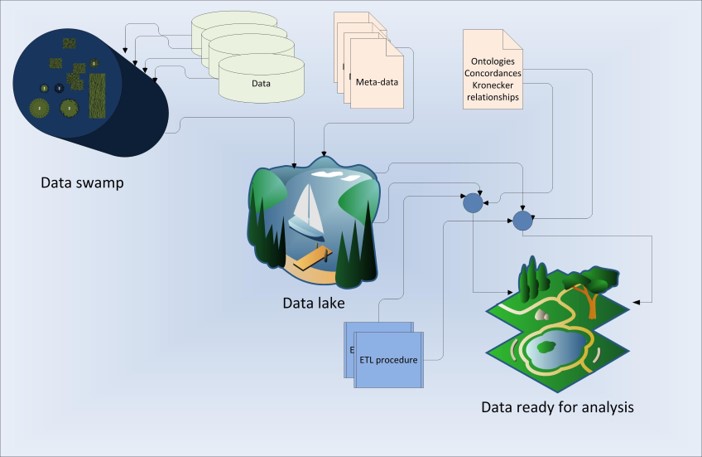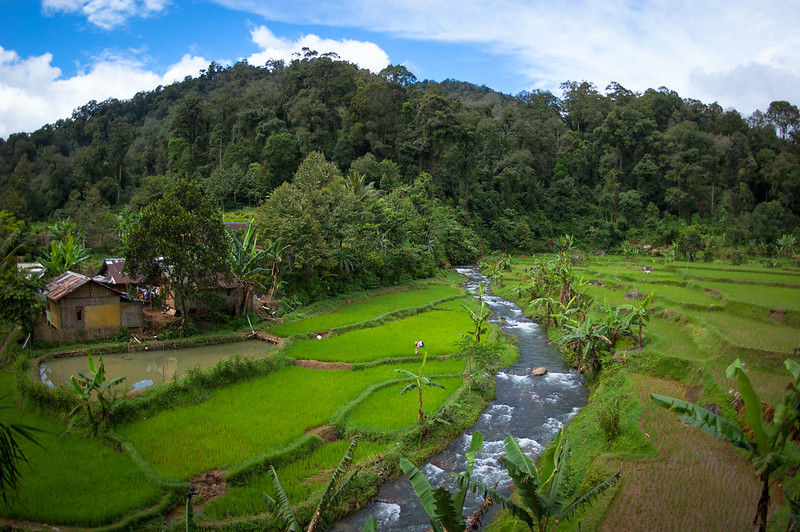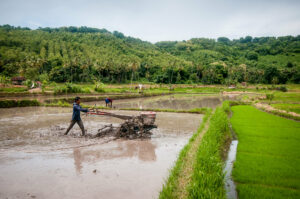Latest Posts
Developing multi-stakeholder forest management scenarios: a multi-agent system simulation approach applied in Indonesia
Participatory approaches to development in general and natural resource management in particular are now a widely accepted management strategy. Multi-agent system (MAS), a computer-based tool, offers a promising approach for multi-stakeholder management systems such as the case involving community-managed resources. MAS provides a framework where stakeholders’ (or agents) individual actions,…
Development of multistakeholder scenarios of secondary forest management: a multiagent system simulation approach
The state owned company, PT. Inhutani II Sub Unit Malinau, has managed the lowland dipterocarps forest in Malinau District, East Kalimantan for over 10 years. They established permanent sample plots (PSP) for measuring the growth and the yield in their area. However, current regulations do not give the company a…
Bioeconomic modelling of alternative forms of hedgerow intercropping in the Philipines uplands using SCUAF
[No abstract available]…
Initiating a dynamic process for monitoring in Mafungautsi state forest, Zimbabwe
[No abstract available]…
Scenario-based actions to upgrade small-scale furniture producers and their impacts on women in Central Java, Indonesia
Indonesian furniture accounts for almost 1% of the global furniture trade, valued at more than USD 135 billion. In many countries, including Japan, European countries and Indonesia, women make decisions about selecting which furniture to buy. In Central Java’s Jepara District – the centre of teak furniture production in Indonesia…
Multi-agent simulation of alternative scenarios of collaborative forest management
International calls for sustainable development advocate that forest management should be carried out in a multi-stakeholder environment. The importance of community participation is acknowledged in the Indonesian act no. 41 on Forestry (1999). However, it is not clear how to achieve this in areas already allocated to a concession holder.
Governing forest plantation to reduce poverty and improve forest landscape: a multiagent simulation approach
Good forest governance lets all relevant stakeholders participate in the decision-making processes. Illegal logging and forest degradation are currently increasing, and logging bans are ineffective in reducing forest degradation. At the same time interest in forest plantations and concern about poverty problems of people adjacent to forests continue to increase…

